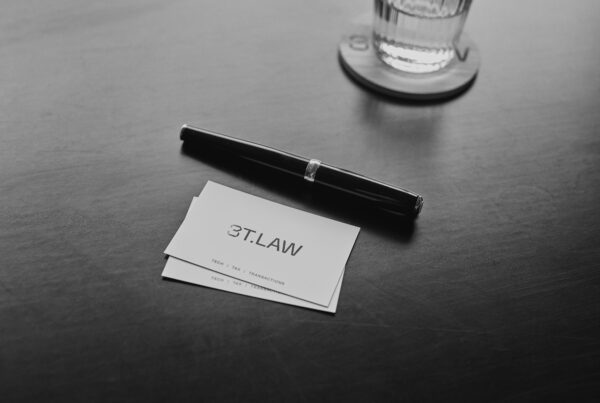► Commentary on German Federal Fiscal Court (BFH), decision 20 November 2024 – VI R 21/22
Dr. Henning Frase LL.M., co-editor of a 2024 legal and tax handbook on ESOP, VSOP and other management and employee equity schemes in Germany
► I. German Tax Law Background
The direct or indirect transfer of equity in a company to an employed executive or other employee is generally relevant for wage and income tax purposes. In principle, such a transfer is considered a taxable benefit if shares are provided below market value due to the employment relationship, requiring the deduction and remittance of wage (payroll) tax by the employer on behalf of the employee. This often leads to taxation without any liquidity inflow, particularly when the transferred shares are subject to restrictions with respect to a disposal. For small and medium-sized enterprises (including scale-ups), tax relief introduced by the German legislator in July 2021 (expanded as of January 1, 2023) allows for deferred taxation of so-called dry income under Section 19a EStG (German Income Tax Act).
The Federal Fiscal Court (BFH) has now clarified that, certain requirements being met, qualifiying company shares can be transferred to employees tax-free as part of a succession plan. In such cases, the transaction falls within the scope of inheritance and gift tax rather than income tax.
► II. Facts and Ruling
The case at hand (originating from 2014) concerned a succession arrangement made upon the founding shareholder’s 65th birthday. In this context, 25.39% of the shares in a GmbH were transferred to various executives, including the plaintiff, while the remaining 74.61% of shares were transferred to the founder’s son, subject to a usufruct reservation.
The shareholder resolutions and transfer agreements explicitly stated that the share transfer was undertaken for succession planning purposes. Notably, the transfer was not tied to the existence of an employment contract, and a clawback clause for inheritance tax purposes was included, stipulating that shares would have to be retransferred to seller if tax authorities did not recognize the transfer as a privileged business succession transaction.
During a payroll tax audit, the tax authorities deemed the share transfer a taxable benefit due to the discounted share price. A subsequent notice was issued to the plaintiff’s local tax office, leading to an adjustment (increase) of the plaintiff’s income tax assessment by adding the benefit as taxable employment income. However, both the Tax Court of Saxony-Anhalt and the Federal Fiscal Court ruled in favor of the plaintiff.
► III. Analysis and Commentary
This decision marks the first time the BFH has addressed the distinction between taxable income and non-taxable share transfers in the context of succession planning. The key advantage of this structuring lies in the business property relief provisions under German inheritance and gift tax law: if the 25% threshold is met, no gift tax applies, provided that the new shareholder-managers continue the business and maintain employment levels as required for the “payroll test.” In essence, certain personnel expenses must be preserved for a number of years to not retroactively lose the tax exemption privilege.
► IV. Conclusion and Practical Implications
The court decision primarily affects small and medium-sized enterprises undergoing succession planning. It reinforces the principle that an internal successor should benefit from inheritance tax relief if the transfer secures business continuity – even if being employd at the same time. The BFH provides much-needed legal certainty.
For larger companies and most practical cases, the 25% threshold is unlikely to be met withe an ESOP or other uquity-ased LTIP scheme, as employee participation programs typically allocate only a small percentage of company equity to employees. Additionally, such programs usually condition share retention on continued employment (bad leaver / good leaver, etc.), which might also contradict the concept of a business succession transfer. Consequently, unless more than 25% in the shares are transferred, these ESOP or similar scenarios will not benefit from the full tax exemptions outlined in this decision.
Contacts at 3T.LAW: Dr. Henning Frase, Dr. Christian Badura, Nathalie Brychcy



